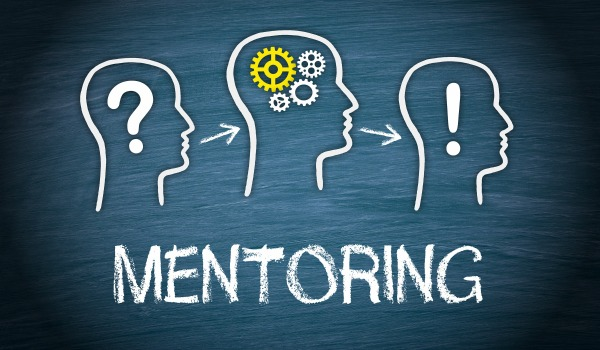ATD Blog
Mentoring: Tips for Success
Thu Dec 18 2014

If you want to succeed as a mentor, first seek to understand yourself and others. —John C. Maxwell
There are many types and styles of mentoring, from the traditional “mentor” and “mentee” approach to mentoring partnerships across the generations. However, the underlying purpose of all models is to provide a venue for sharing, learning, and support. The difference is in how this purpose is accomplished—the modus operandi used.
How can the odds for a successful mentoring working relationship be increased? As we know, all relationships eventually end—some naturally fade away, some cease due to conflict, and some terminate because of a formal commitment. A mentoring relationship falls within this last category, although it can continue beyond the set closure date. Review the following tips for enhancing and strengthening the potential success level of the mentoring experience.
Qualities of successful mentors:
Be able to distinctly state what you expect from the relationship.
Have an open discussion about goals and roles.
Set aside time for check-in reviews.
Encourage and support the growth and development of skills, abilities, and knowledge.
Know the differences between mentoring and coaching.
Characteristics of effective working relationships:
Build confidence for meeting established learning objectives.
Take responsibility for mistakes and errors made regarding actions or words, and make the necessary adjustments to allow the relationship to move forward.
Express appreciation to each other for upholding the agreement.
Use time efficiently during a meeting by coming prepared, keeping to the agenda, being focused, and refraining from mobile device use.
Come together with positive, constructive, and flexible mindsets.
Importance of active listening and reflection:
Be aware of both open and hidden intents when communicating with each other.
Listen intently and then ask the right questions to encourage learning and stimulate creative thinking.
Maintain focus and remain non-judgmental throughout the conversation.
Rephrase what has been discussed to ensure there is agreement about the progress made toward established goals.
Take time for reflection before responding or reacting to concerns and questions.
Give and receive feedback:
Welcome comments and perspective by requesting specific and descriptive information.
Accept feedback by considering how constructive it was and if any surprises arose, challenges were addressed, or changes must be made. Share reactions and insights.
Apply feedback by focusing on your goals and priorities. Revise the learning agreement if needed.
Give feedback by relating observations and opinions. Start by highlighting the positives and strengths before discussing possible misunderstandings and miscommunications.
Engage in two-way feedback to strengthen trust, authenticity, and respect.
If you are presently participating in a mentoring program, how can you improve your level of success using the above tips? If you plan to participate in mentoring in the future, which tips will you put into play?
You've Reached ATD Member-only Content
Become an ATD member to continue
Already a member?Sign In
